There was no escaping the reality that during the 7.5 hours I was teaching, I was working for someone else and not for me. My salary was such a pittance that I qualified for food stamps.
Let me say that again.
I was teaching full-time in one of the most prestigious private schools in Wilmington Delaware and they were paying me wages that qualified me for food stamps.
I knew that I was going to have to make more money and the solution would have to do something with those 16.5 hours. I came to the realization that I had a job and I had a business. My job was working for the school. My business was going to be me, working for me, as well as having others work for me, too.
Max asked me if I even knew what my strengths were. I realized that my notoriety was growing whenever I played a song or wrote a song, or played piano or played guitar, any kind of performance, or connected music with some other discipline for children. One of my most useful skills was that I had the ability face a group of any size, smile, and perform music fairly well and not die of fright. Max advised that at this point in my development, I needed to capitalize on my strengths.
I started by visualizing and branding myself as Mr. Holmes the musician, Mr. Holmes the guitar player, Mr. Holmes the piano player, and Mr. Holmes the composer. The more I saw it in myself, the more others appreciated those qualities in me and saw it, too. It was nothing I said but rather how I projected myselfwith these new personas and brand. The more others saw me in this new light, the more financial and professional opportunities came my way.
I still wasn't too confident with my singing skills but I was working on it. I felt that singing would be the linchpin to coalesce all the other strengths I possessed. During my 7.5 hour job, I continued to play music within the school, accompany the high school shows on bass, perform in concerts and assemblies, and started writing more complex music for my students to perform vocally and instrumentally. During my 16.5 hour business day, I was private teaching, playing big band and trio gigs, playing in an after-hours club in Philly, and taught computer programming in the summer months.
My second year, I wrote a musical based on Margery Williams’ classic children’s book, “The Velveteen Rabbit” for our lower school holiday program which was a huge success.
The following year I wrote my own story and built a musical about it called “Harry’s Quest” based on a character I created when I was four. We staged the musical right before the winter holidays again as we had done the previous year.
The stunning colorful costuming by our art teacher, Evelyn Spence Reeve, captured the exact flavor of the story and music. It was even a bigger success than “The Velveteen Rabbit”, something on a scale the school had never seen before. The following year, the school community came to me, wanting me to record the entire musical, put a record out, and sell it.
I got started on on the project immediately. I didn't dare ask if I was going to make any extra money given that I had written and composed it. I considered it “giving one away” in order to take my brand to the next step.
The record exceeded everyone’s expectations.
Our following next seven holiday musicals were performed on the huge upper school stage and took on Broadway vibe: every child was in a beautiful handmade costume, we had a pit band led by Marty Lassman with orchestrations I wrote, and elaborate lighting and colorful sets by Even Spence Reeve with help from all the staff and many parents.
Our following next seven holiday musicals were performed on the huge upper school stage and took on Broadway vibe: every child was in a beautiful handmade costume, we had a pit band led by Marty Lassman with orchestrations I wrote, and elaborate lighting and colorful sets by Even Spence Reeve with help from all the staff and many parents.
In all, I wrote eight original musicals.
One of the musicals I wrote was based on the life of American illustrator, cartoonist, and animation Winsor McCay.
One of the musicals I wrote was based on the life of American illustrator, cartoonist, and animation Winsor McCay.
Two school parents in the audience owned an audio-visual production house and were blown away by the entire production, especially the music. After the performance they said to give them a call, that they might have a project I would be interested in. It was a video/teaching package aimed at instructing latch-key kids how to be safe called “Better safe Than Sorry”. The composer hired to do the score had recently dropped out of the project and they needed a fully original, recorded, edit-ready score – in three days.
Was I interested?
I jumped at the opportunity.
Was I interested?
I jumped at the opportunity.
That started a long professional relationship with “Teleduction”. I provided scores for many TV shows, documentaries, commercials, a 22-part series, “Art Under Foot”, that was aired around the world, and a TV movie, “Drawing a Blank” that was broadcast on Nickelodeon. Without proactively building my brand as Boyd Homes, the composer, during my 7.5 hour job, those opportunities would have never presented themselves in my 16.5 hour business. Without the support Sharon and Frank Baker, Fritz Horisk, and countless others at “Teleduction”, I would have never developed my skills to the degree that I did.
As you can see, the story is morphin from the 7.5 hour job into the 16.5 hour business.
As you can see, the story is morphin from the 7.5 hour job into the 16.5 hour business.
As soon as 3:30 hit, I tried to move my mindset from “this is my job” to “this is my business”. I dropped the Philly after-hours club gig, left Temple University, was writing music, scoring it for television, teaching tons of private lessons, lining up and playing gigs on trumpet, double bass, tuba, and electric bass, and eventually started a band with Marty Lassman and drummer Bob Brown. There will be more about that in a future blog post.
What I'm trying to emphasize is that during those 16.5 hours, while I might have had only a few people working part-time for my business, I made my 16.5 day money work for my business. I steadily invested in the bare musical necessities that would enable me to make more money making live and recorded music. It would be a few more years before I learned how to make that gigging money truly generate income for me. After all, when money is generating money, it's being generated not in 7.5 hour increments or in 16.5 hour increments but in 24-hour segments.
Take away point: Certain incomes never sleep.
Nothing of any value happens overnight - except compound interest.
Your financial and professional portfolio will require your attention every day. Think of ot as financially flossing your teeth. Just realize you are going to do this every day.
It took me five years to get my teaching where I wanted it. It took me over ten years to find my voice on guitar. In each case, I knew I was close. There was no specific moment when I hit that point of “jack pot”. I just remember that all of a sudden, I felt this incredible sense of momentum on a daily basis.
Those first five years were filled with doubt and I almost quit. Don’t be surprised if you experience the same fears.
Keep moving. Action is always preferred over inaction. Don’t become complacent or make excuses when things go south.
Successful people will always credit some of their success to luck. My definition for “luck” has always been “Being prepared for opportunity”. I was very lucky – but was as prepared for every day as I could be during those first months and years of my 7.5 hour day. There is no accounting for chance encounters with good or bad luck. If your attitude pushes you through spells of bad luck, you will often find even better luck on the other side of your adversities.
There are connections you will make during your 7.5 hour day that will provide undreamed of opportunities for your 16.5 hour day. Network early and often. Send hand-written “thank you”s. Know that you will do a few free gigs, not just to get your foot in the door, but also to learn how not to have the door slam shut on your foot.
Don't forget to floss - both dental and financial.
With a little luck and a lot of focused effort, your first 7.5 hour days will lead to a successful career.
Take away point: Certain incomes never sleep.
Nothing of any value happens overnight - except compound interest.
Your financial and professional portfolio will require your attention every day. Think of ot as financially flossing your teeth. Just realize you are going to do this every day.
It took me five years to get my teaching where I wanted it. It took me over ten years to find my voice on guitar. In each case, I knew I was close. There was no specific moment when I hit that point of “jack pot”. I just remember that all of a sudden, I felt this incredible sense of momentum on a daily basis.
Those first five years were filled with doubt and I almost quit. Don’t be surprised if you experience the same fears.
Keep moving. Action is always preferred over inaction. Don’t become complacent or make excuses when things go south.
Successful people will always credit some of their success to luck. My definition for “luck” has always been “Being prepared for opportunity”. I was very lucky – but was as prepared for every day as I could be during those first months and years of my 7.5 hour day. There is no accounting for chance encounters with good or bad luck. If your attitude pushes you through spells of bad luck, you will often find even better luck on the other side of your adversities.
There are connections you will make during your 7.5 hour day that will provide undreamed of opportunities for your 16.5 hour day. Network early and often. Send hand-written “thank you”s. Know that you will do a few free gigs, not just to get your foot in the door, but also to learn how not to have the door slam shut on your foot.
Don't forget to floss - both dental and financial.
With a little luck and a lot of focused effort, your first 7.5 hour days will lead to a successful career.
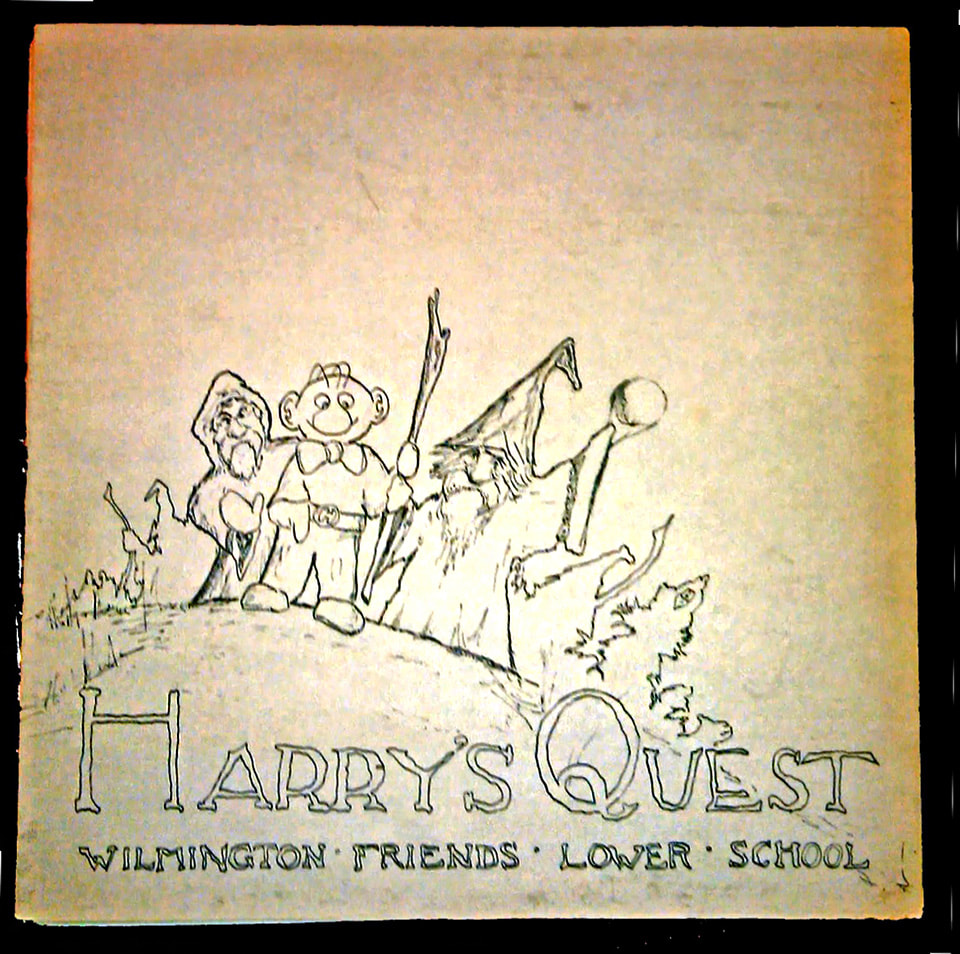
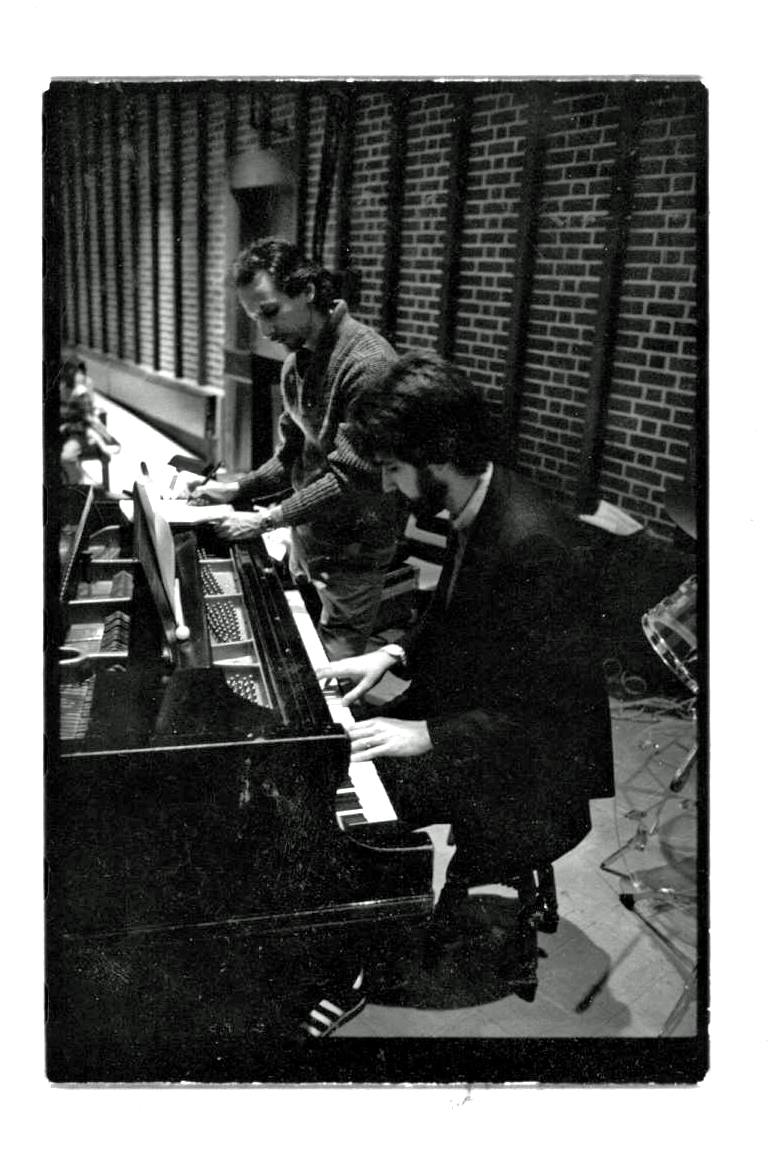
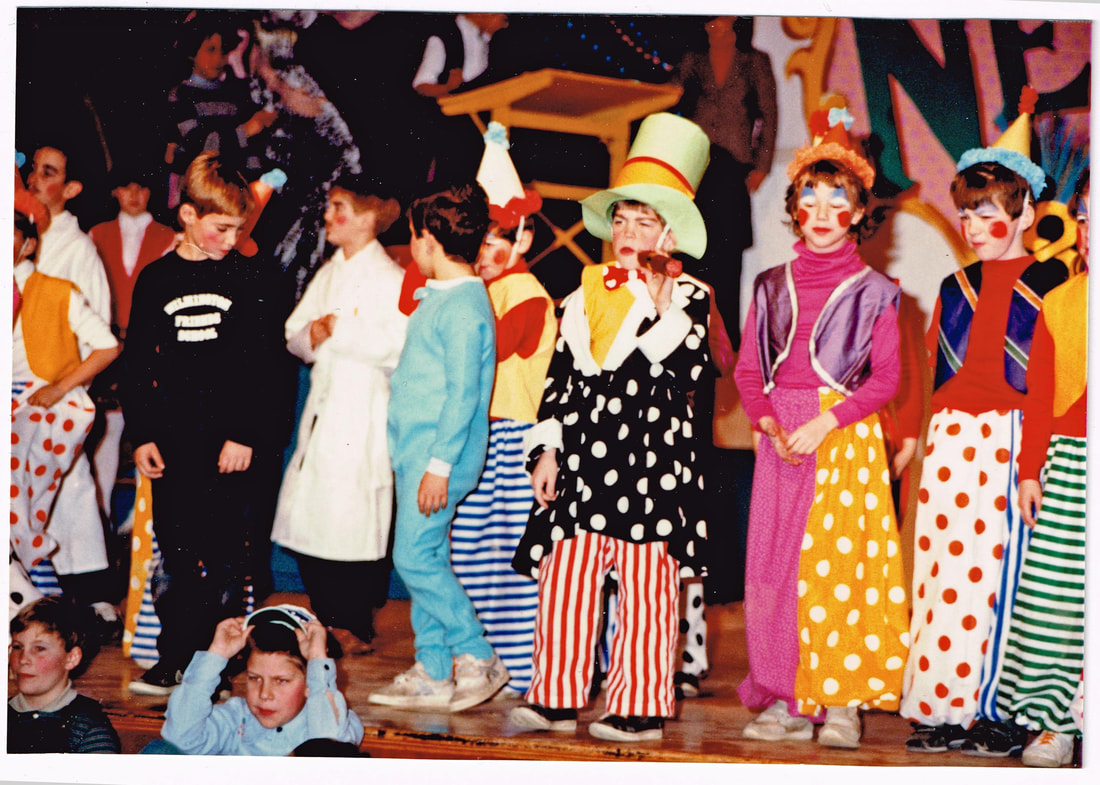
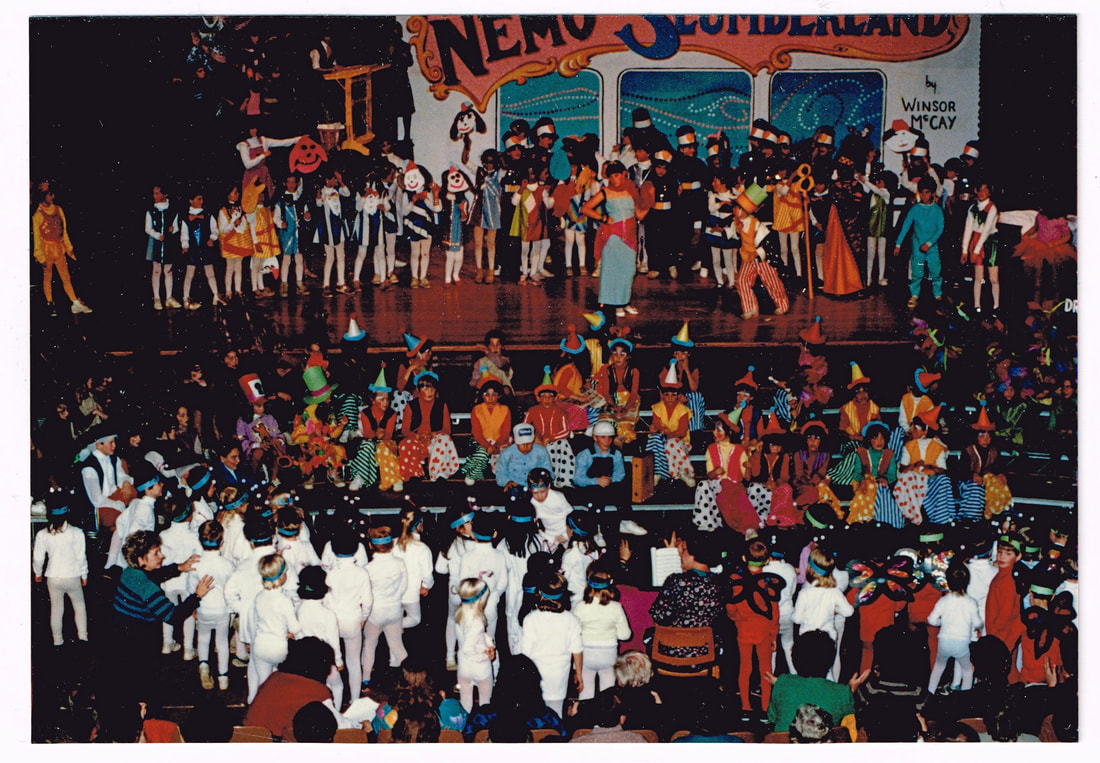
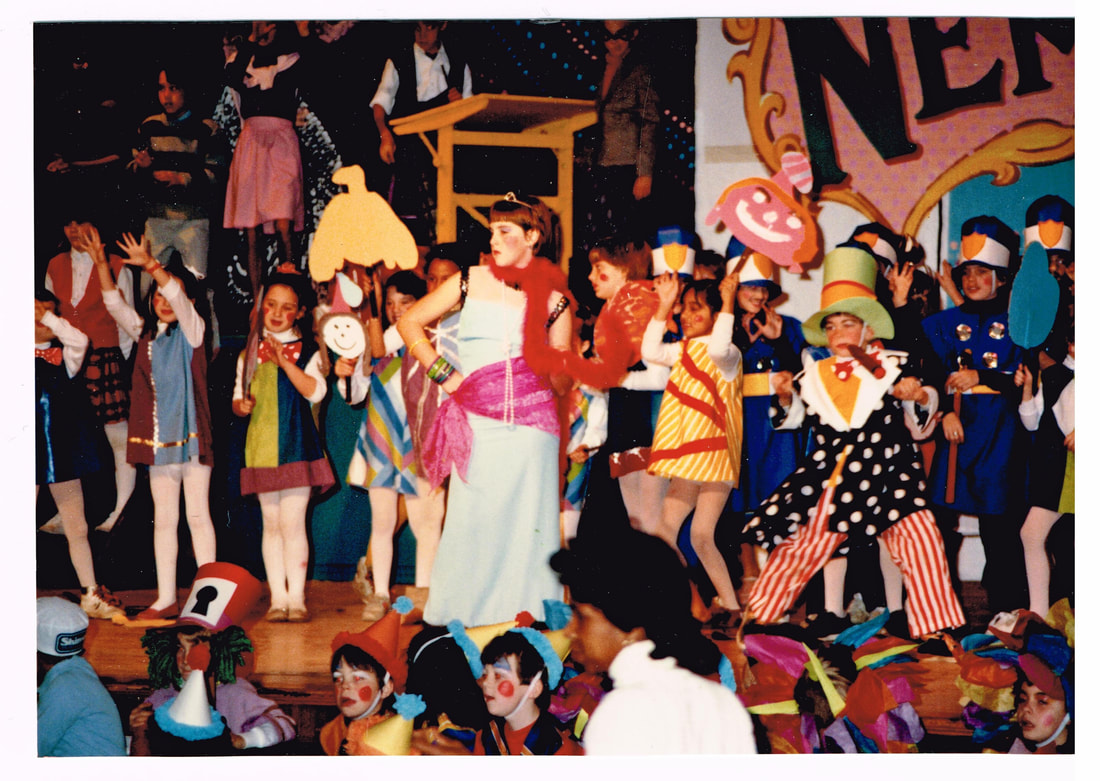
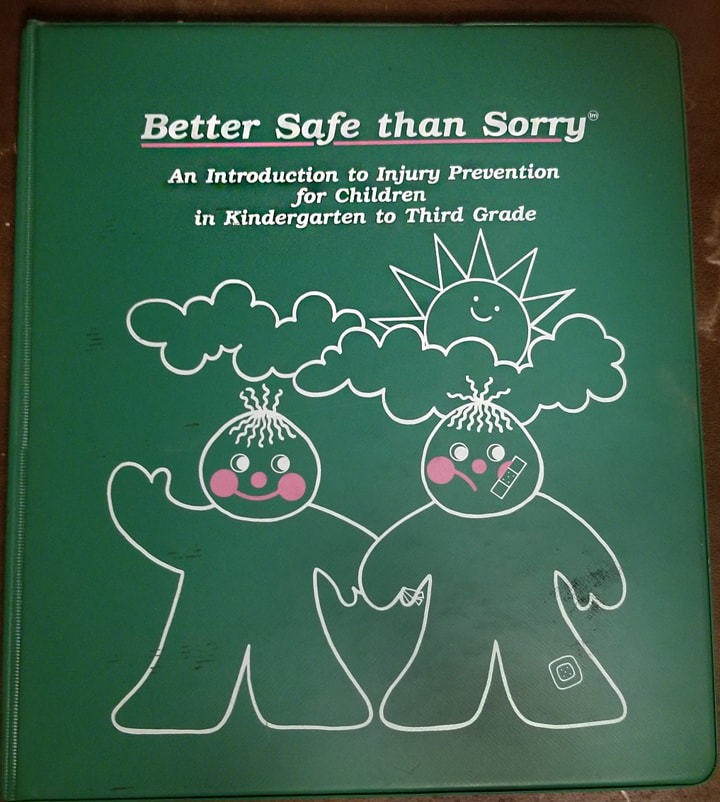
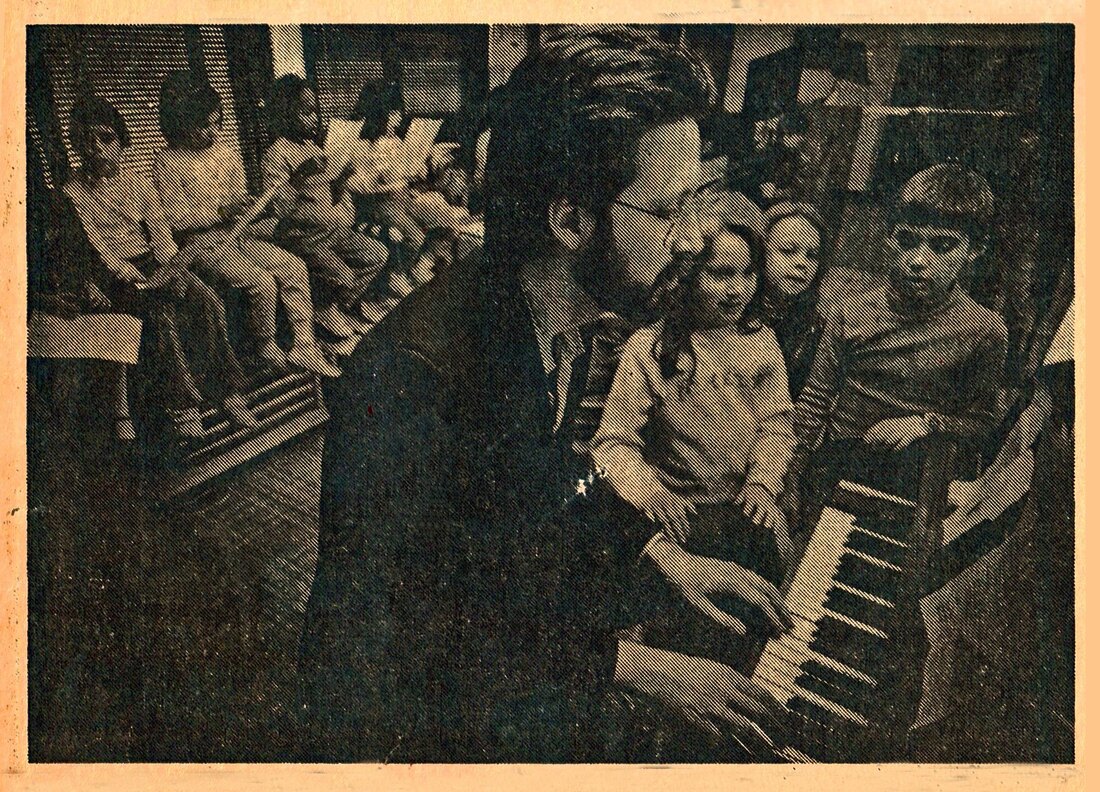
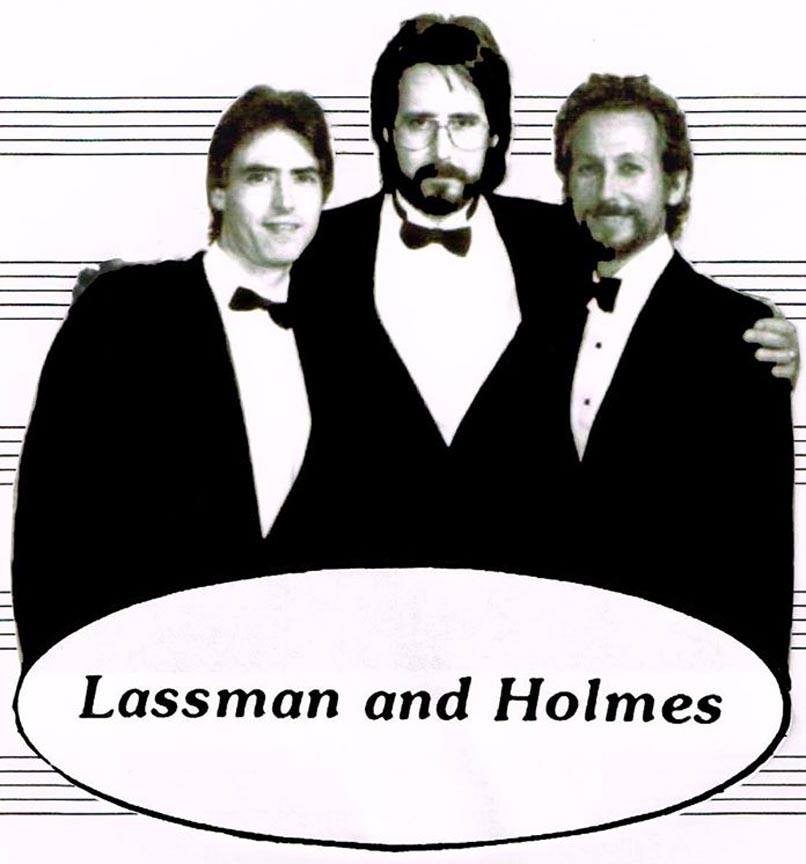
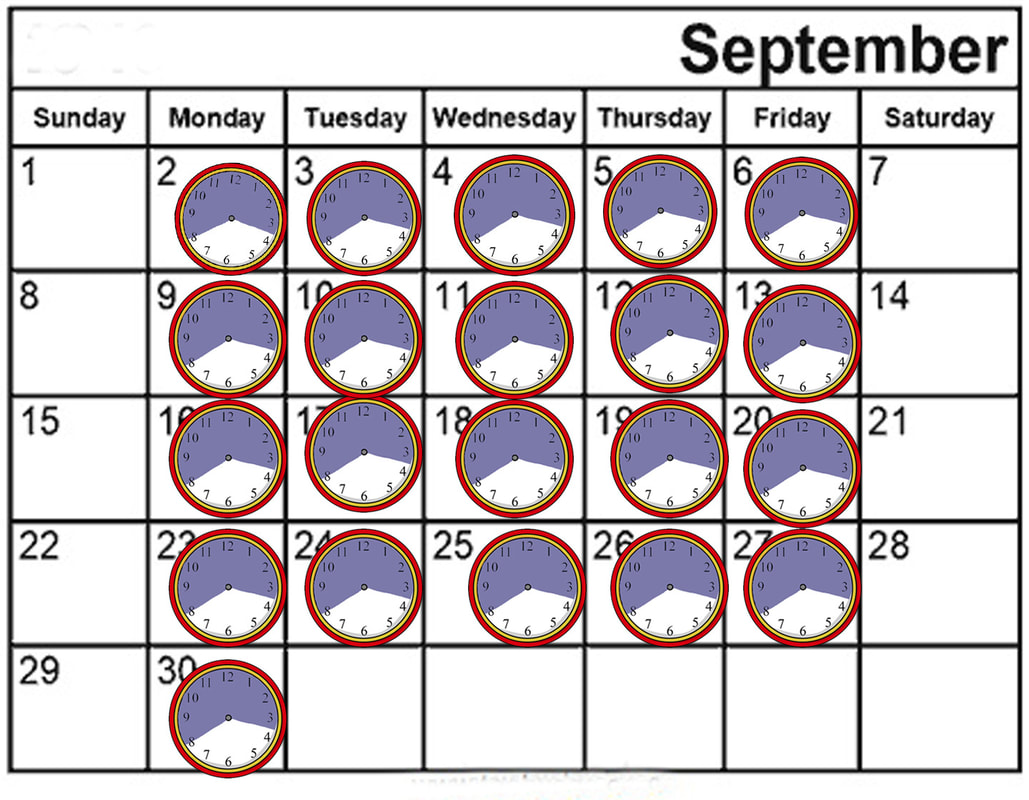
 RSS Feed
RSS Feed